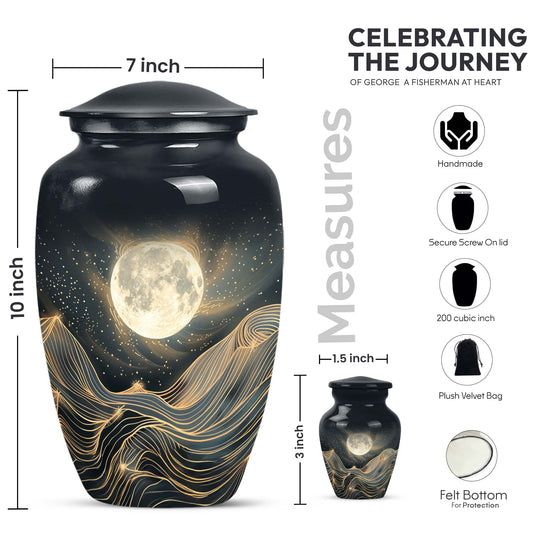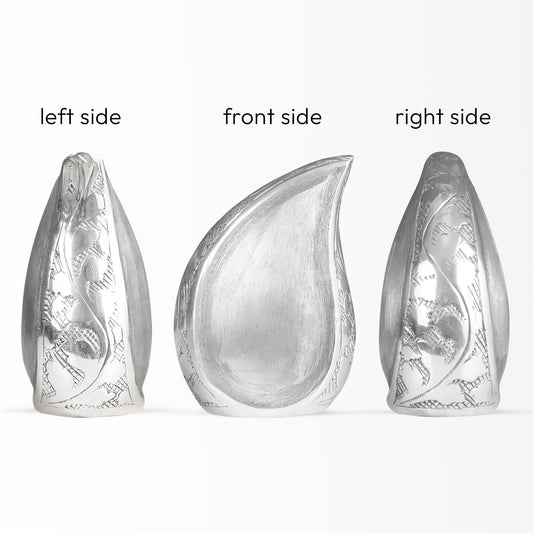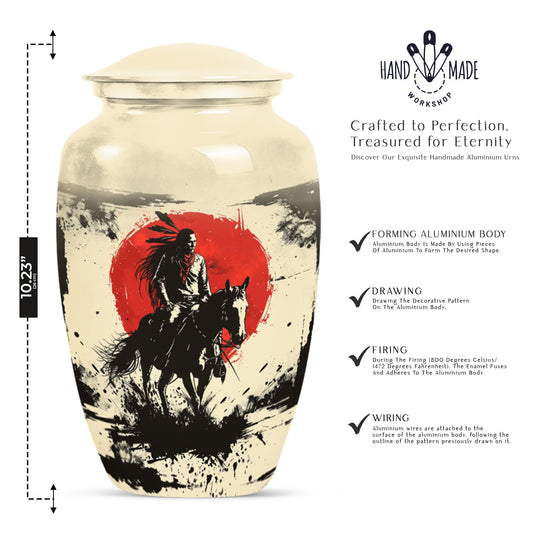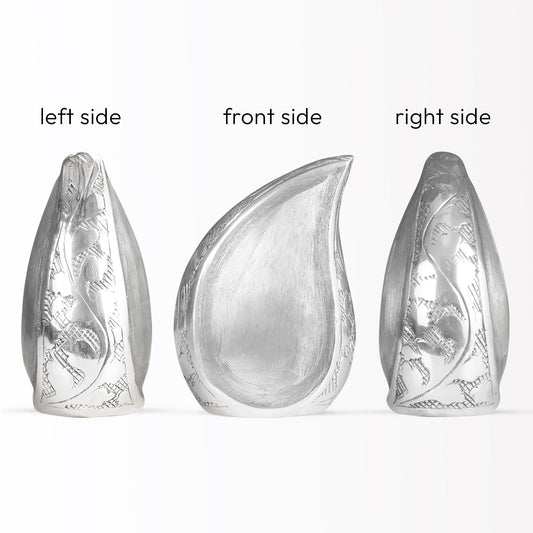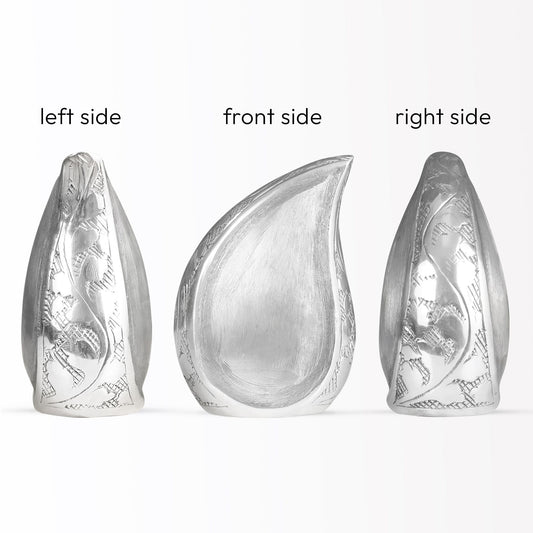Popular Urns
The Legal Aspects of Cremation in California 2024

For most families, cremation often works out to be a powerful and flexible means of marking the passing of a loved one. However, it is also great to know about your state's cremation laws. Here's how things stand for California: this is a guideline to get you the key facts about the legalities involved with cremation in California.
Authorization for Cremation: Laws and Requirements
In California, a legal next-of-kin or someone named in the will must sign off on written consent for cremation. That's in addition to a law that spousal and adult children, parents, and siblings also are required to give their consent.

"It's really important to carry out the wishes of the deceased," says a local funeral
Required Documentation: What You'll Need
The following are the requirements for documentation before cremation can take place. A death certificate to be signed either by a licensed physician or coroner, to be filled and filed with the registrar at California before cremation may take place.
He is required to fill and sign his cremation authorization form which elaborates the desires of the deceased and his consent from the nearest legal kin.
Waiting Period: Time to Collect Themselves
Under California law, 24 hours must pass after the person has died before cremation is performed. This allows families to settle down and get everything in order. "It could be a moment of reflection," said one grief counselor. Prearrangement counselors should also brief families on this situation as part of planning the order of service.

Selecting a Licensed Professional
In California, the consumer must choose a licensed funeral home or crematory. All providers of cremation services in California appear on the roster of the California Department of Consumer Affairs. "This ensures that the facility is in compliance with state statute and dignified in processing," says a Department spokesperson.
Final Disposition: What to Do with the Ashes
In California, after cremation, the family is returned the cremains or ashes of their loved one. In this law, the family may choose to take the ashes back with them, to bury, or scatter in a jurisdictionally authorized place. If scattering is your choice make sure to check local restrictions, as certain areas are restricted.

Conclusion: Know Your Rights and Options
Californian law of cremation would ensure that a decedent's wishes are to be fulfilled, and in this process, the family would be taken into consideration. Knowing such laws would allow you to proceed through the cremation process with more confidence and peace of mind.
Be it in a memorial service or private reflection, knowing these laws may help your loved one be respected during their farewell.
ALSO READ:


















